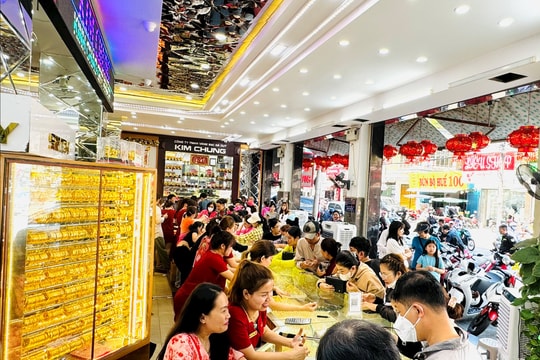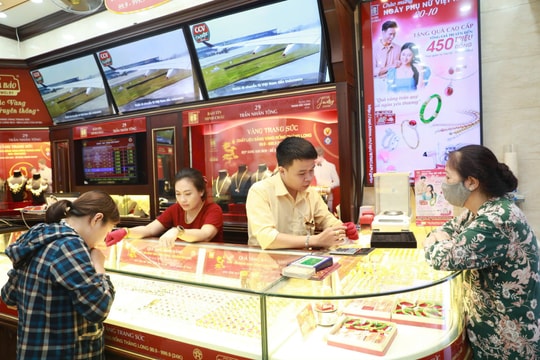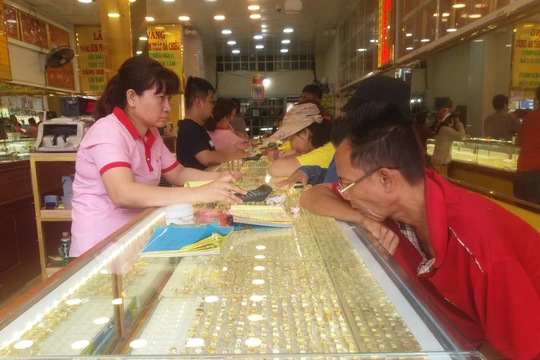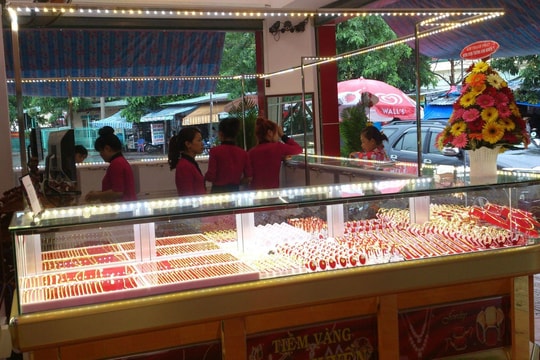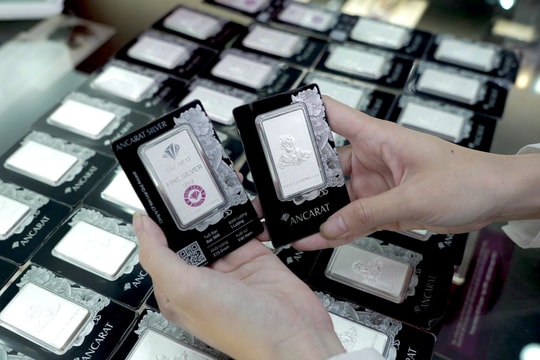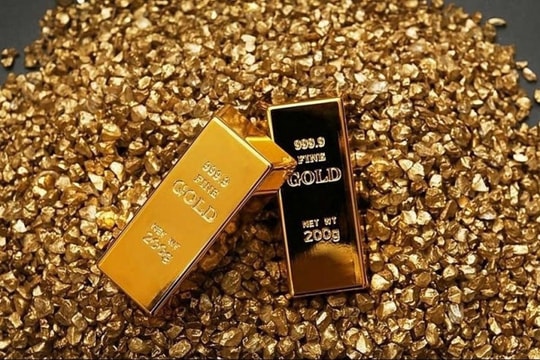The world and its contradictions
(Baonghean) - World history is written from never-ending contradictions. One of the world's largest economies but still not recognized by the international community, a man who is both a hero and a sinner in the eyes of opposing factions.
China's Small Steps to Big Ambitions
On October 1, 2016, China's yuan (RMB) was officially added to the IMF's international currency basket - one year after the organization announced it. Along with the US dollar, the British pound, the euro and the Japanese yen, the RMB will now be on the list of currencies that countries can receive through IMF loans.
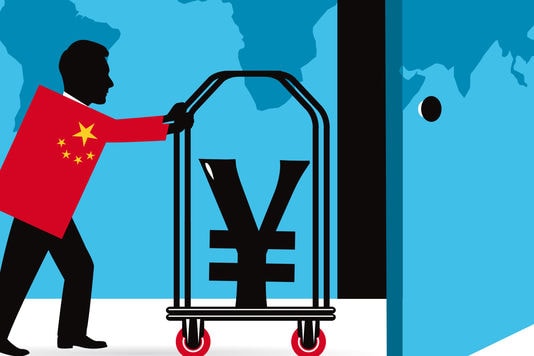 |
| China strives to globalize the Renminbi. Photo: Le Monde |
Experts say this shows the international community's recognition of China's efforts over the past six years to globalize its currency. The most significant thing Beijing receives from this event is more about the symbolic meaning and reputation than the economic value and real power because since 1973, the role of the international currency basket has significantly decreased.
In practice, the currencies in the basket are only used to calculate the interest rates on the IMF's loans, and the countries that own those currencies can use their own currencies to repay the IMF directly. To be added to the basket, the country that owns the currency must be a strong exporter and the currency must be widely used.
The second condition is quite difficult for China because the yuan is not traded freely but is limited by a daily quota. Beijing has come up with a risky plan to put the yuan into the international currency basket, including devaluing the currency since the summer of 2015.
However, according to experts, the addition of the yuan to the international currency basket will not bring any significant changes in the short-term vision for China's economy and finance. The Central Bank of China is not yet ready to let its currency be freely priced by market forces.
The exchange rate will still be a tool that the central bank holds to regulate the domestic economy. In return, the inclusion of the RMB in the international currency basket is considered a politically calculated move by the IMF. However, it is also important to note one point: It took a year after the announcement for the organization to officially decide to add the RMB to the international currency basket. This move is like a hidden message to China that the IMF's nod is not easy.
Currently, in the international currency basket, the weight of the CNY is ranked 3rd (10.92%), just behind the US dollar (41.73%) and the euro (30.93%). However, if comparing international transactions, the CNY only accounts for 1.86%, too small compared to the US dollar (42.5%) or the euro (30.1%). Perhaps the CNY's path to becoming an international currency is still far away, and being added to the international currency basket is just a short step for a great ambition.
One man, two fates?
On September 30, the funeral of former Israeli President Shimon Peres was held at the national cemetery on Herzl Hill, Jerusalem. 90 leaders from 70 countries attended the funeral, 8,000 police officers were mobilized, and 30,000 Israelis marched in memory of the leader on September 29.
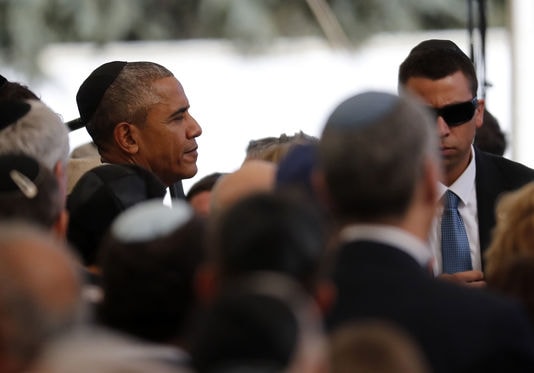 |
| US President Barack Obama at the funeral of Mr. Shimon Peres. Photo: AFP |
Shimon Peres is known as the last of the founding fathers of the State of Israel. Having held many high-ranking positions such as Minister of Defense, Foreign Minister, Prime Minister, and President of this country, Shimon Peres was awarded the Nobel Peace Prize in 1994 along with the late Israeli Prime Minister Yitzhak Rabin and the late Palestinian President Yasser Arafat. Shimon Peres is known as the person who made a great contribution to the signing of the Oslo Accords - a milestone in the history of hostile relations between Israel and Palestine.
For many Western politicians, Shimon Peres is highly regarded and often referred to as a “man of peace”. US President Barack Obama even named Shimon Peres in his list of “great figures of the 20th century”, along with South African leader Nelson Mandela.
In contrast to the West, the Arab world reacted quite harshly to the funeral of the former Israeli President. As evidence, Palestinian Authority President Mahmoud Abbas was the only high-ranking Arab leader to attend the funeral.
Meanwhile, in Lebanon, Shimon Peres is referred to in the newspapers as “the executioner of Cana” – a reference to the assassination of 106 Lebanese citizens in a southern village under Israeli fire in 1996, when Peres was prime minister. The Lebanese health minister even declared: “May his soul be cursed.” The daily newspaper owned by the Saudi royal family also referred to Peres as “the father of the nuclear program” and a series of other unkind titles.
On social media, reactions from across the Arab world were even more extreme. A video widely shared on Facebook showed a Palestinian woman dressed in traditional dress cursing the Palestinian president for attending Shimon Peres’ funeral: “It is a shame to attend the funeral of the man who murdered your children. May the devil take you all!”
Even Egypt and Jordan, two countries that are considered to have good relations with Israel, are not very interested in getting closer to Israel at this time. Although the Egyptian Foreign Minister attended the funeral, the Twitter account of the spokesman of the Ministry of Foreign Affairs of this country did not mention the event. The King of Jordan simply sent a letter of condolences.
In fact, the top leaders of the Arab world do not hate Shimon Peres or Israel at all, but the problem is that they are under heavy pressure from public opinion. Perhaps in the eyes of Western politicians and some people, Shimon Peres is a hero of the peace process in the Middle East, but to many in the Arab world, he is nothing more than a sinner.
Hai Trieu
(According to Le Monde)
| RELATED NEWS |
|---|

